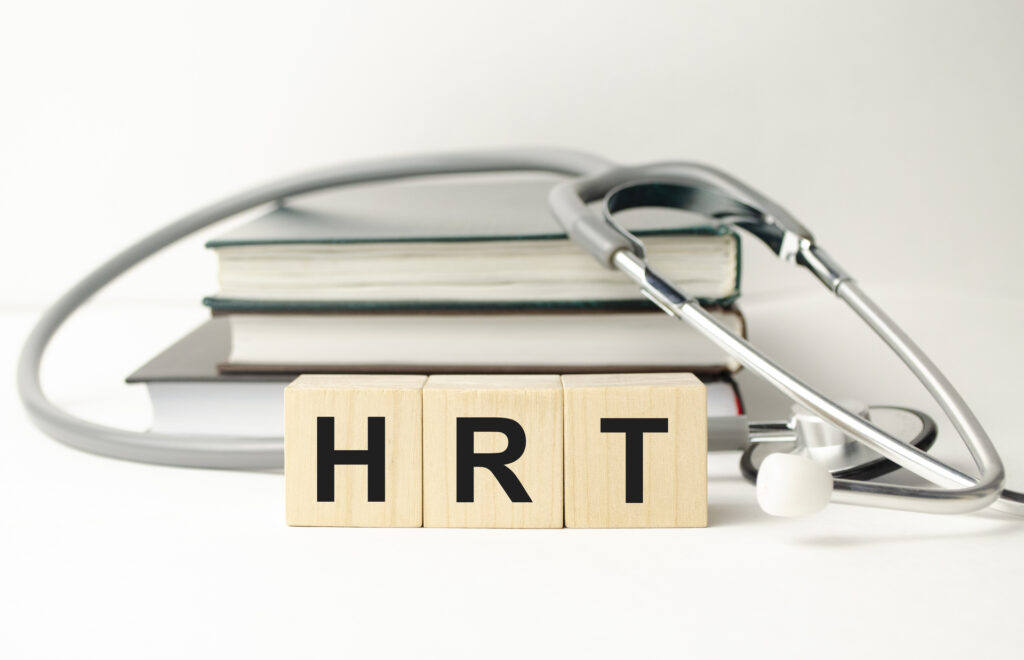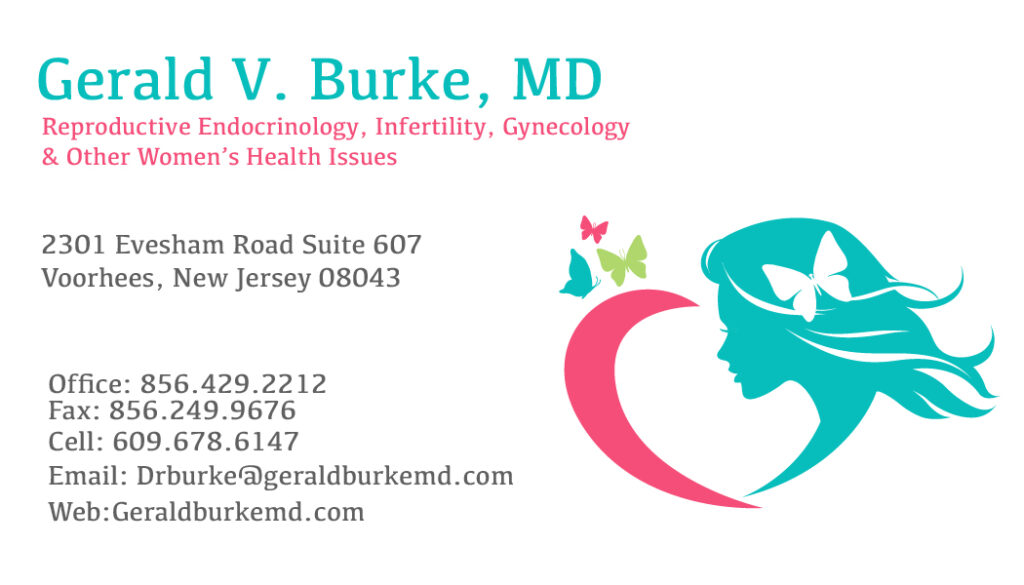 Hormone replacement therapy (HRT)
Hormone replacement therapy (HRT)
Why hormone replacement therapy?
Many women experience disturbing symptoms when their female hormones (estrogen,
progesterone, and testosterone) fluctuate. This can happen prior to, during and after menopause.
Physical symptoms include:
- hot flashes
- night sweats
- insomnia
- racing heartbeat (palpitations)
- vaginal dryness
In addition, emotions can also run astray. Some common emotions that occur when a woman’s sex hormones, estrogen, progesterone and testosterone, are abnormal include:
- Anxiety
- anger
- depression
- forgetfulness
- low sex drive
All of these symptoms resolve when these hormones are restored to their natural, premenopausal levels.
What is hormone replacement therapy?
Hormone replacement therapy is giving a lady back the natural hormones her body has become used to during her reproductive life. The natural hormone levels of estrogen, progesterone, and testosterone are restored to their normal, premenopausal levels.
This permits a woman to live her life comfortably and productively, as she is accustomed.
Is hormone replacement safe?
Restoring a woman’s hormones to their natural levels is safe. These natural hormone levels (physiologic levels) are continuing the processes that her body is already accustomed to.
Administering excessive amounts of hormones of any type will result in blood levels far in excess of the natural levels found in menstruating woman (pharmacologic levels). This lends to complications. Examples of techniques that create pharmacologic hormone levels are birth control pills (much higher hormone levels are required to override the natural mechanism of ovulation or treat menopausal symptoms) and injectable hormone pellets.
In all of these cases, blood hormone levels dramatically higher than what the body is used to or needs results in a significant increase in complications.
When administering hormonal treatment to women, patient safety always requires administering the lowest dose possible of medication to relieve symptoms.
What are the undesirable side effects of hormone replacement therapy?
While there are always risks when taking any medication, using the lowest effective dose of hormone therapy minimizes these risks. Minor nuisance risks include breast tenderness and lower abdominal bloating. Both are easily treated.
Major complications such as blood clots, breast cancer, and other malignancies occur infrequently when physiologic doses of hormones are administered.
By using the lowest effective dose of medicine and limiting treatment to five years, cancer and other complications are minimized. Screening patients for blood clotting risks prior to starting treatment also reduces this event. Regular follow up office visits helps to identify, treat and limit side effects.
Will my symptoms return when I stop taking the medication?
If the medication is discontinued properly (slowly over time), the former symptoms do not return.
Hormone replacement therapy in the form of estrogen, progesterone, or testosterone can be life restoring from many women. Having the skill, knowledge, and experience to administer these medication’s safely and effectively are the hallmark of a Reproductive
Endocrinologist/Gynecologist.
If you are experiencing hot flashes, night sweats, insomnia, heart, palpitations, vaginal, dryness, low, sex drive, increased, anxiety, anger and depression, contact Dr. Burke. He has the knowledge, skill and experience to help you resolve your problems.
Your new life begins here.
Appointments
Call to schedule an appointment.
856-429-2212
Additional articles you might find interesting…


